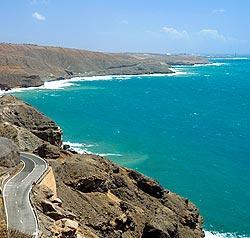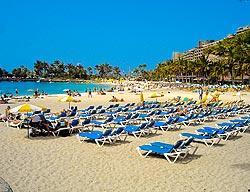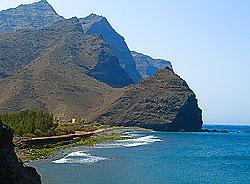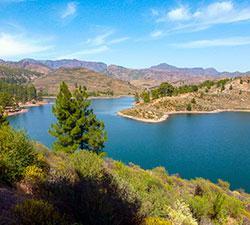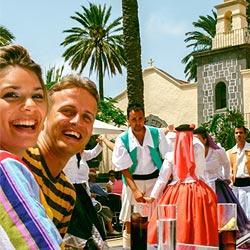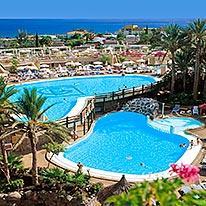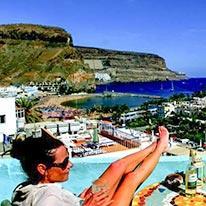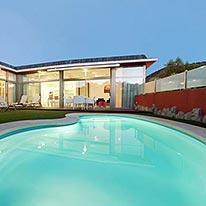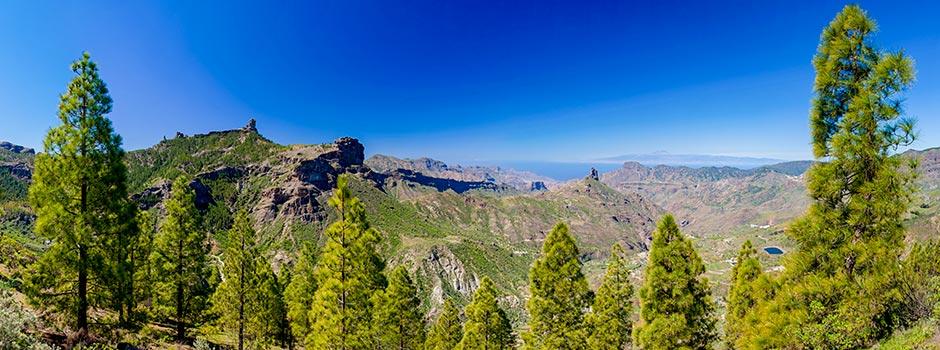One of the regions with the greatest biodiversity on the planet, Gran Canaria boasts spectacular volcanic landscapes, rare Laurisilva forests, pristine beaches, fertile valleys and transparent waters full of life. Protected natural reserves make up about 40% of the island, with over 100 indigenous species found nowhere else in the world.
UNESCO has granted Gran Canaria the esteemed status of a Biosphere Reserve, in recognition of its biodiversity and to actively support conservation on the island.
Over the past few decades, people living on Gran Canaria have experienced a growing awareness about the environment. The island has few rivers or fresh water sources, so getting clean drinking water is a real issue. Renewable energy sources are also necessary due to the remoteness of the island.
Experts have developed and implemented renewable energy solutions to harness the abundance of sun, wind and sea. Gran Canaria has optimum conditions for producing solar energy, due to the consistently warm climate throughout the year. Solar-powered desalination plants can also transform seawater into clean water for drinking and agricultural use. The largest wind farm in Spain can be found in Arinaga, on the eastern coast of Gran Canaria, and many more are being developed.
Luxury hotels and resorts are beginning to develop responsible environmental policies, while grants have been introduced to promote sustainable resources in local construction, industry and transport. Recycling points have also been installed throughout the island to reduce excessive urban waste.
Visitors are encouraged to do their utmost to respect and conserve the stunning natural environment, as the island continues to make its name as a sustainable holiday destination.
Note:
Some hotels even request your co-operation when it comes to water consumption (for example, you might be asked to put your towels out for washing only when they are dirty instead of doing it daily).



